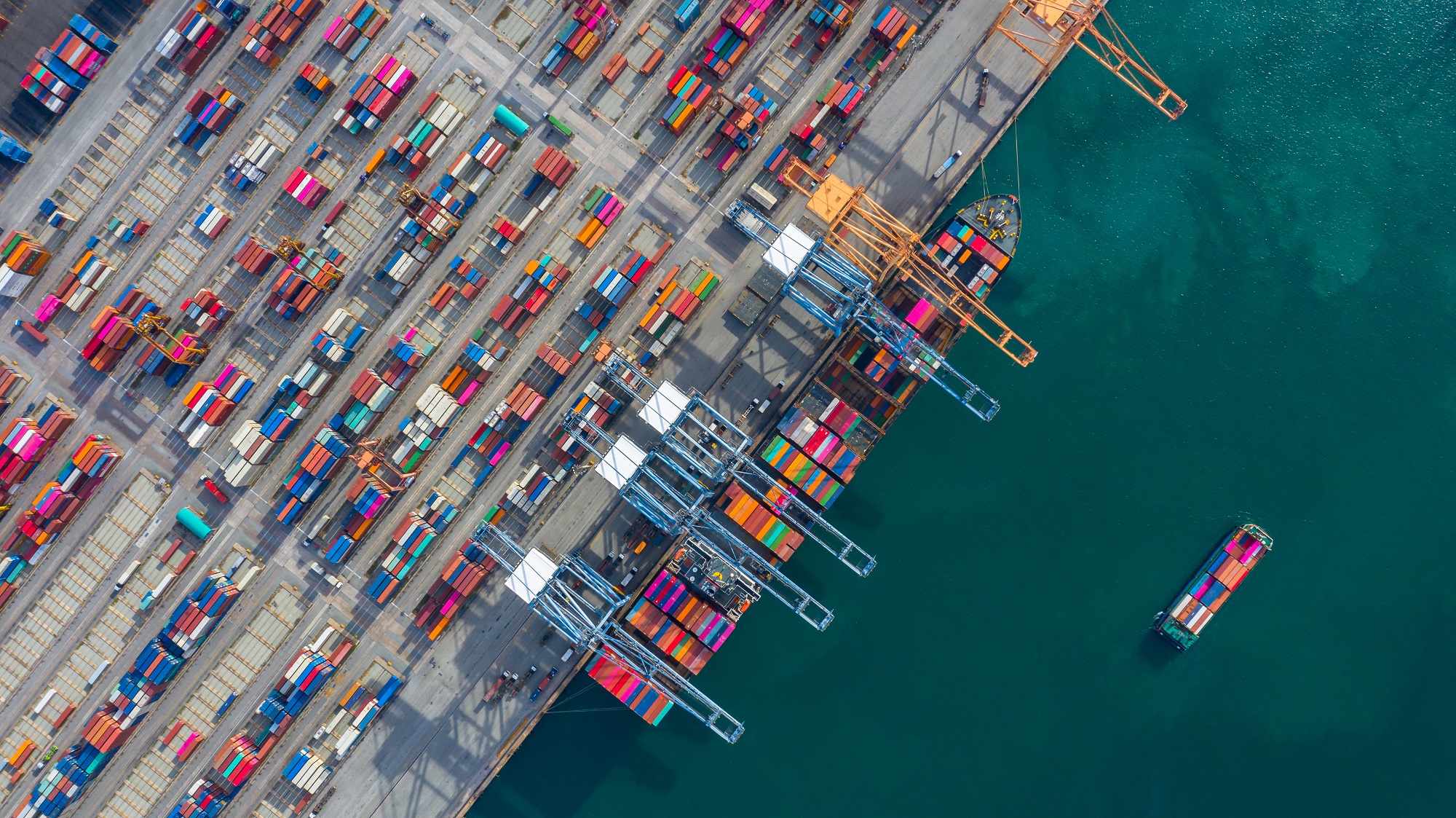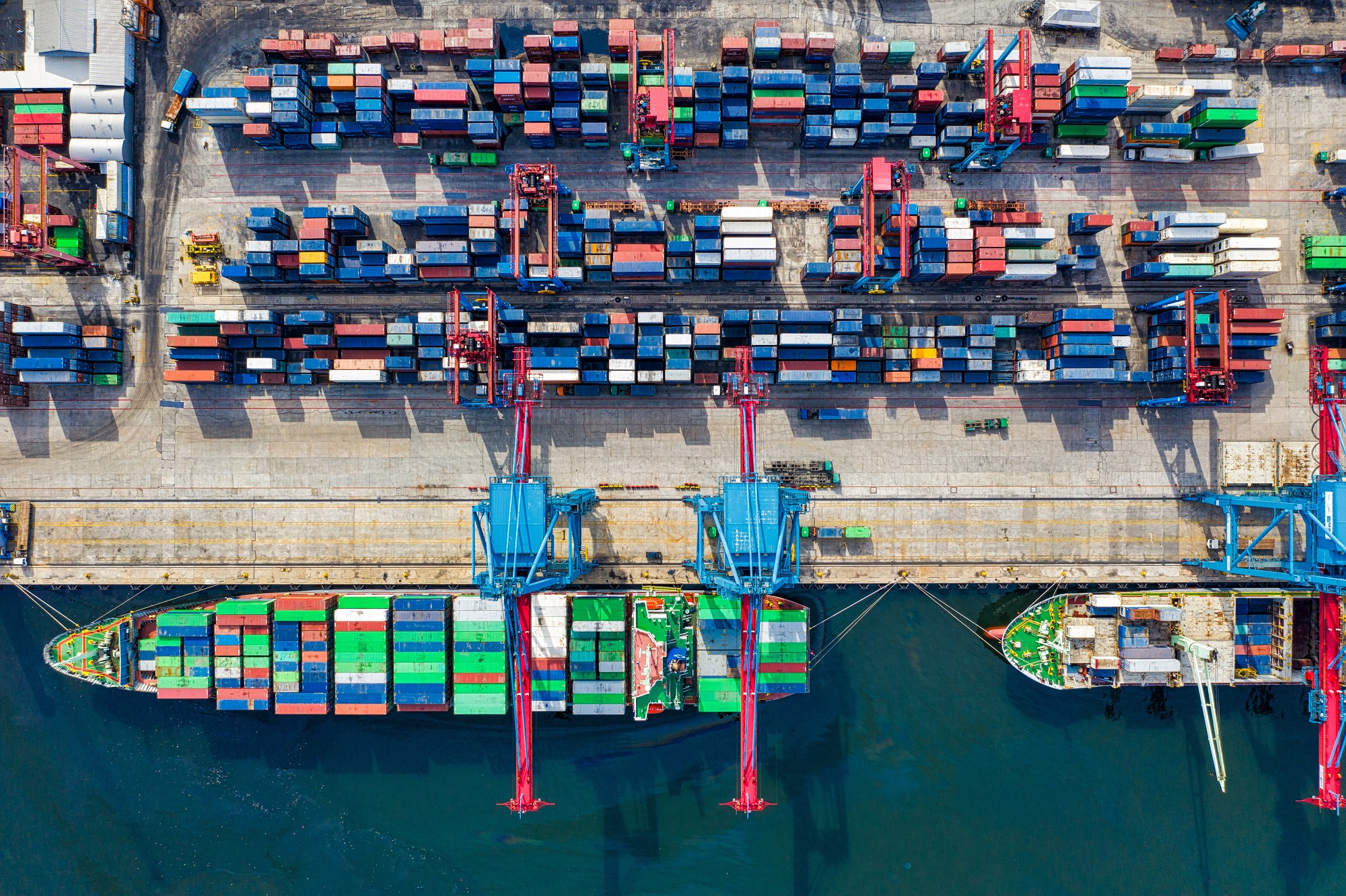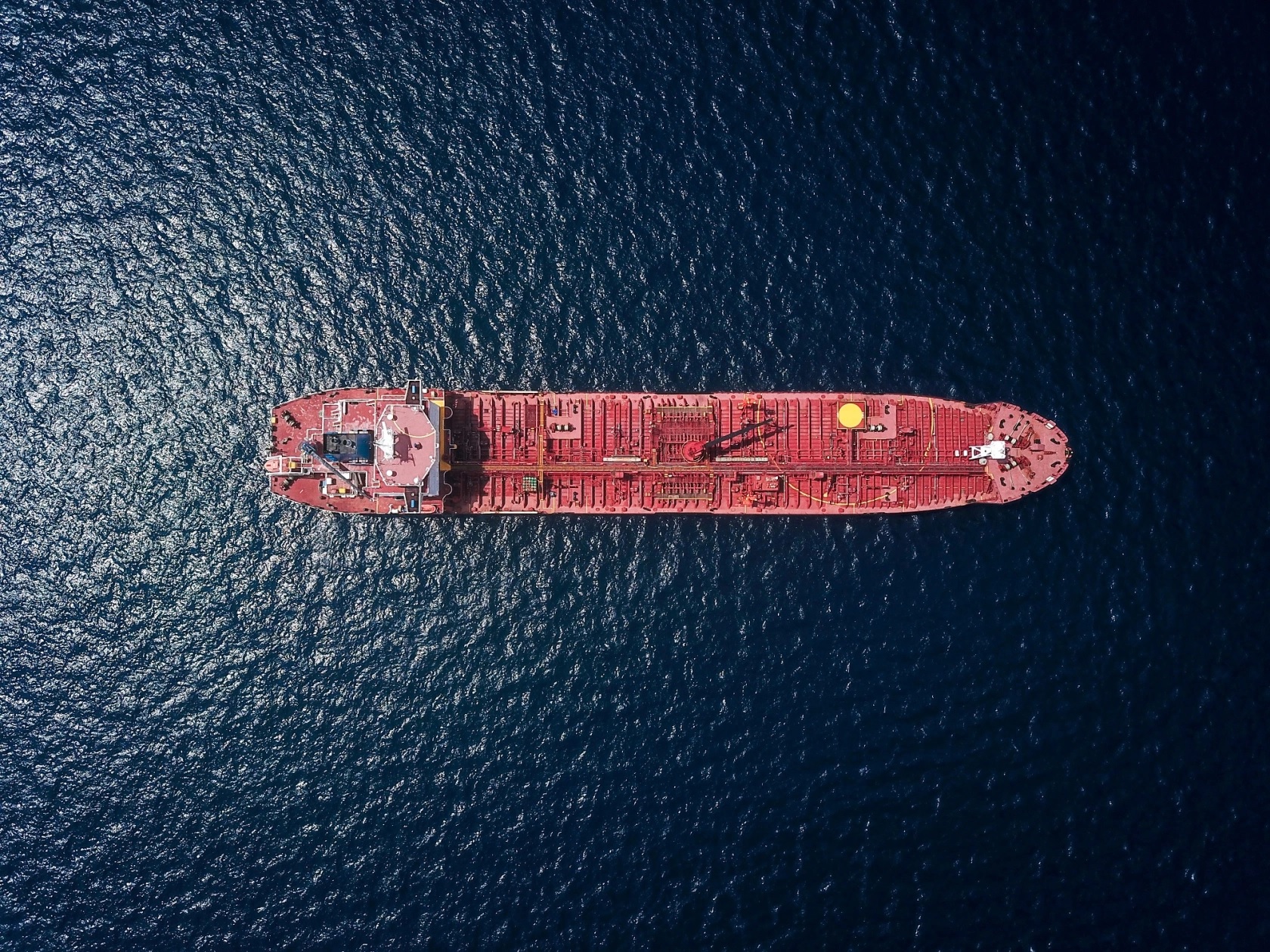Forced labour is a significant and alarming issue that has existed in various forms throughout human history. When we discuss forced labour, we think it is something from the past. Yet even in 2023, the issue continues to make headlines, raise concerns and attract the attention of lawmakers throughout the world.
The concept of forced labour encompasses any instance in which people are compelled or required to provide work or services against their will. Modern day estimates are that more than 27 million people in the world are currently being exploited by forced labour, including more than 17 million who are being forced into work by the private sector.
The U.S. government continues to keep a close eye on forced labour (as do many other governments) and combat the issue. Not just by working to prevent the practice, but also by preventing the importation of goods that have passed through forced labour at any point during their manufacturing or distribution.
What do importers need to know?
In the U.S. this is monitored by the U.S. Customs and Border Protection (CBP). The CBP is responsible for preventing the entry of products made with the use of forced labour into the U.S. market. It does so by investigating and acting upon allegations of forced labour in supply chains.
The CBP maintains a list of entities that are known users of forced labour. In turn, any product that is found to be associated with any of these entities – or a specific region – is banned from importation into the U.S. The only exception is if the importer can prove through supply chain tracing, or an alternative method of comprehensive due diligence, that the product indeed did not pass through forced labour at any point in its lifecycle.
Of course, that’s mentioned not to just scare you. Rather, it is important to understand that products are getting stopped by customs, goods are getting denied at the border, and importers are getting flagged for audits, which means their overall import program is getting examined. The ramifications are quite serious and not to be taken lightly.
However, it is important to note that this issue does not simply affect goods that were manufactured using forced labour. Even beyond that, it is about goods that have passed through or even touched forced labour at any point in the supply chain.
Essentially, there are more eyes on a company’s supply chain than ever. This increased emphasis on forced labour has truly placed a premium on supply chain mapping, particularly as far as U.S. imports are concerned.
Examining the ESG angle
There is a notable environmental, social and governance (ESG) element to this as well. ESG, an organisational framework and strategy regarding environmental, social and corporate governance issues, has seen a rapid rise in popularity over the last several years. Companies are learning that their customers (and private equity firms) care about social issues more than ever – and the fair and ethical treatment of workers is a prominent matter under that umbrella.
Importers, in particular, are quickly realising that they need to care about this issue just as much as their customers do.
This article was written in collaboration with Baker Tilly US, LLP, the Baker Tilly International member firm in the U.S. To read more about this matter, we refer to the publication on the website of Baker Tilly US, LLP.
How Baker Tilly can help
Given the priority of preventing forced labour and taking into consideration global and regional developments in the are of ESG reporting, your supply chain mapping is of increasing importance. Our advisors can assist you with mapping your supply chain and origin of goods, providing you with insights, accountability, and possibly even opportunities. Our global Baker Tilly International network has experts located all over the world, which means we are perfectly positioned to assist you with any global trade matters, customs questions, or VAT issues your company may face. Please contact Stevie Mols or Marisa Hut from VAT & Customs Advisory for further information.
Laws and regulations in this area may be subject to change. We recommend you discuss the impact of this matter with your Baker Tilly advisor.





